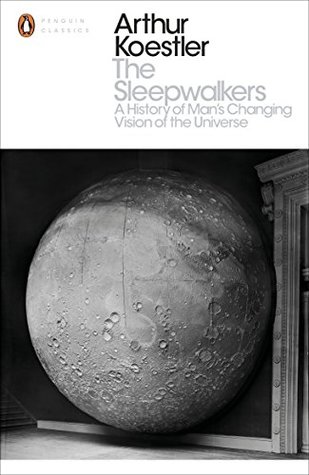Within a brief period, Jesuit astronomers also confirmed the ‘earthly’ nature of the moon, the existence of sunspots, and the fact that comets moved in outer space, beyond the moon. This meant the abandonment of the Aristotelian doctrine of the perfect and unchangeable nature of the celestial spheres. Thus the intellectually most influential order within the Catholic Church was at that time in full retreat from Aristotle and Ptolemy, and had taken up an intermediary position regarding Copernicus. They praised and fêted Galileo, whom they knew to be a Copernican, and they kept Kepler, the
...more
Welcome back. Just a moment while we sign you in to your Goodreads account.


